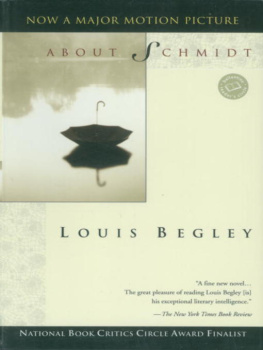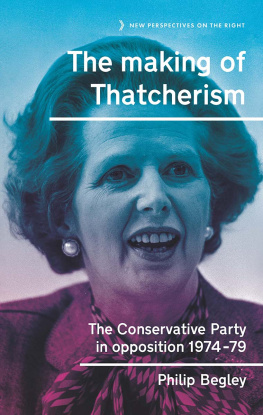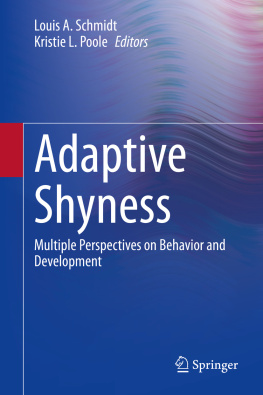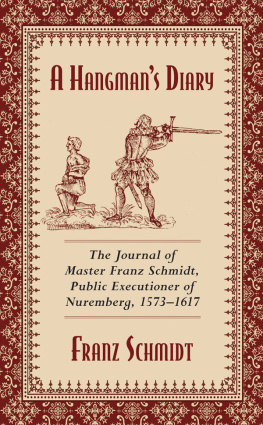Louis Begley - About Schmidt (Ballantine Readers Circle)
Here you can read online Louis Begley - About Schmidt (Ballantine Readers Circle) full text of the book (entire story) in english for free. Download pdf and epub, get meaning, cover and reviews about this ebook. year: 1997, publisher: Ballantine Books, genre: Detective and thriller. Description of the work, (preface) as well as reviews are available. Best literature library LitArk.com created for fans of good reading and offers a wide selection of genres:
Romance novel
Science fiction
Adventure
Detective
Science
History
Home and family
Prose
Art
Politics
Computer
Non-fiction
Religion
Business
Children
Humor
Choose a favorite category and find really read worthwhile books. Enjoy immersion in the world of imagination, feel the emotions of the characters or learn something new for yourself, make an fascinating discovery.
- Book:About Schmidt (Ballantine Readers Circle)
- Author:
- Publisher:Ballantine Books
- Genre:
- Year:1997
- Rating:3 / 5
- Favourites:Add to favourites
- Your mark:
- 60
- 1
- 2
- 3
- 4
- 5
About Schmidt (Ballantine Readers Circle): summary, description and annotation
We offer to read an annotation, description, summary or preface (depends on what the author of the book "About Schmidt (Ballantine Readers Circle)" wrote himself). If you haven't found the necessary information about the book — write in the comments, we will try to find it.
About Schmidt (Ballantine Readers Circle) — read online for free the complete book (whole text) full work
Below is the text of the book, divided by pages. System saving the place of the last page read, allows you to conveniently read the book "About Schmidt (Ballantine Readers Circle)" online for free, without having to search again every time where you left off. Put a bookmark, and you can go to the page where you finished reading at any time.
Font size:
Interval:
Bookmark:
By Louis Begley
WARTIME LIES
THE MAN WHO WAS LATE
AS MAX SAW IT
MISTLERS EXIT
SCHMIDT DELIVERED
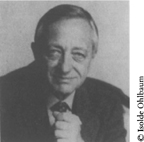
A BOUT THE A UTHOR
L OUIS B EGLEY is the author of four novels. Wartime Lies, which was written when he was in his mid-fifties, was followed by The Man Who Was Late, As Max Saw It, and About Schmidt. He is currently finishing a fifth novel.
Begley has another life, that of a lawyer. He is a senior partner at Debevoise & Plimpton, one of Americas most prestigious firms, and is the head of its international practice.
Wartime Lies was the winner of the PEN Hemingway Award, The Irish Times-Aer Lingus International Prize, and the Prix Medicis Etranger, Frances most coveted prize for fiction in translation. It was a National Book Award, Los Angeles Times Book Award, and National Book Critics Circle Award finalist. About Schmidt was likewise a National Book Critics Circle Award and Los Angeles Times Book Award finalist. Begley has received the American Academy of Letters prize for literature and numerous other awards.
Begley was born in Stryj, a town that was Polish and is now part of Ukraine, in 1933. Being Jewish, he survived the German occupation by pretending, with the help of false identification papers, to be a Catholic Pole.
Begley and his parents left Poland in 1946 and settled in New York in 1947. Begley graduated from Harvard College in 1954, and after having served in the U.S. army, from Harvard Law School in 1959.
Since 1974, Begley has been married to Anka Muhlstein, a prize-winning French author of biographies and other historical works. The combined family includes five grown children. His are a painter and sculptor, a book critic, and an art historian. Hers are a foreign relations specialist and a television journalist.
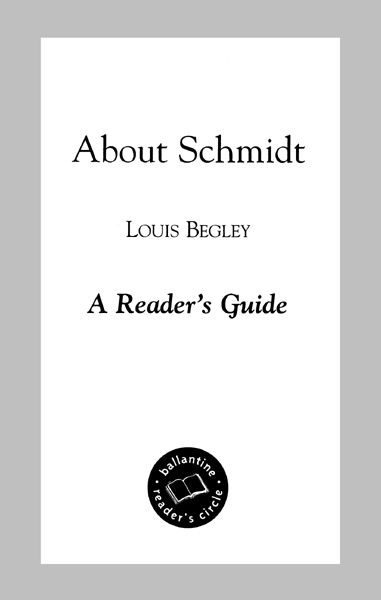
Q. You grew up with fear, danger, and deception. Has your success in life changed your outlook on mankind? Are you fully able to enjoy your successes, or are they tinged with other emotions?
A. I cant give you a yes or no answer. Im a complicated person, and my responses to things that happen to me are seldom simple. I certainly enjoy doing well and being told that I have done well, but I am always conscious of what seems the fundamental futility of work, efforts, successes, and failures.
Q. Have you always had the desire to write? What really kept you from starting earlier? I know you have said youve been busy creating a life.
A. I think its really quite simple. I used to write short stories when I was in high school, and in college I also wrote occasional poems. But toward the end of my junior year in college I came to the conclusion that I didnt have anything in particular to say and that it was better that I stop writing.
Q. In Dangling Man Saul Bellow writes about how overwhelming it is to face ones inadequacies; to discover whether one has any talent or ability. Were you afraid to sit down and start writing?
A. I dont think that I was afraid to start writing. At the time I decided I had nothing to say I was, unlike Saul Bellow, someone without a current milieu. I did not think I wanted to write about a milieu or a history I believed I had left behind me in Poland. I realized that I knew nothing about this country. Perhaps if I had been more imaginative, I would have realized that one could write about being nowhere, and knowing nothing, and being in a state of confusion. Perhaps someone could have suggested it to me. But, as it turned out, I did not think of it myself, and no one told me that one could write about being lost in a fog.
Q. How did you get out of that fog?
A. The fog lifted. I began to understand this country. And, I also began to understand better the past. Perhaps in that respect, I was slow to mature. Thats very possible.
Q. What triggered About Schmidt? Is it at all autobiographical?
A. Of course not.
Q. Is there any significance in your having chosen the word about for the title? Ive read a reviewer mention that re or about is a legal term that would invite us to treat Schmidt as a case for judgment or prosecution.
A. The title means what it says.
Q. I also found it very interesting that you write narrative without using quotation marks. Where does that particular technique come from?
A. It comes from my particular dislike of the way quotation marks look on a page. I think they look like little bugs.
Q. What sort of pressure have you felt from receiving such good reviews on your first novel and your subsequent ones? Have you felt any pressure from yourself or from others expecting you to continue writing?
A. When I wrote my first novel, I came to the conclusion immediately that I needed to write another one so that no one would be able to say that I was a one-book writer. Then I found that I liked writing.
Q. Was it difficult for you to write about anti-Semitism?
A. No, I found it amusing.
Q. Whats next?
A. I am finishing another novel.
This book is about a man whose life, as he has always known it, is about to change forever. What happens to a man who loses everything: his profession, his wife, and his daughter in a short span of time? How does he go about building a new life for himself in his sixth decade?
How are todays views on aging different from what they were at the turn of this century; or, perhaps, even as recently as the mid-1950s? How was a man in his sixties viewed one hundred years ago, fifty years ago? How was he expected to behave? How do older people today view their future, now that life expectancy has been so dramatically increased?
How do you think Schmidts feelings about his own childhood and parents have affected his relationships with his wife and daughter?
Schmidt says he expects all lives to end badly. How does he feel about his own life? How do you think Schmidts life will end?
What problems or concerns might older people have today that they might not have had eighty, or even less than forty years ago? Where might they turn for help, solace, affection, understanding? How does aging and its accompanying problems expose ones frailties and flaws? How does one go about examining ones life? Is the process of self-discovery different when youre older?
What do you see as lost opportunities in Schmidts life; professionally, socially, emotionally? Do you think he regrets having retired from his firm? What do you think he misses the most? What does he have regrets about? How would you feel about stepping aside and handing over power and authority to a younger generation? How would you compensate for the losses experienced and go about rebuilding your life? How would you begin to give it meaning or importance?
Do you think Schmidt truly loved his wife? What is the significance of his marital infidelities? How do you suppose he justified them?
How does Schmidt cope with his alienation from Charlotte? What steps does he take or could he take to reconcile with her?
Why do you suppose Charlottes character is written out of focus? Why do we only hear from her indirectly; through letters, telephone calls, and messages?
Font size:
Interval:
Bookmark:
Similar books «About Schmidt (Ballantine Readers Circle)»
Look at similar books to About Schmidt (Ballantine Readers Circle). We have selected literature similar in name and meaning in the hope of providing readers with more options to find new, interesting, not yet read works.
Discussion, reviews of the book About Schmidt (Ballantine Readers Circle) and just readers' own opinions. Leave your comments, write what you think about the work, its meaning or the main characters. Specify what exactly you liked and what you didn't like, and why you think so.

